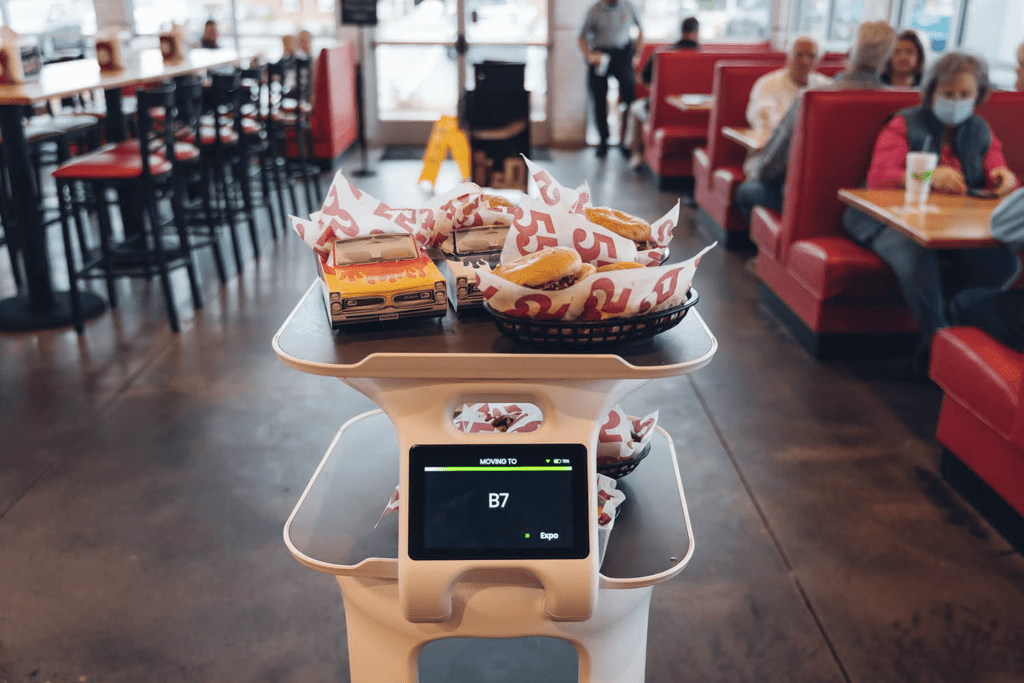If you’ve ever taken home a souvenir menu or ashtray from your favorite restaurant, you will understand the role NFTs play in the hospitality industry. The same goes for attending a restaurant theme night or local pop-up of a new dining establishment. As Front of House (FOH) co-founder Phil Toronto eloquently puts it, a restaurant establishing a successful NFT strategy is “a beautiful merging of the digital and physical experience.”
Launching on May 18, Front of House (FOH) is a marketplace for NFTs of digital collectibles and experiences for independent restaurants. Co-founders Phil Toronto (VaynerFund), Colin Camac (former restaurateur), and Alex Ostroff (Saint Urbain) represent a mix of people with backgrounds in digital technology, advertising, and the hospitality industries. Initial clients include Wildair and Dame, with upcoming partners such as Rosella, Niche Niche, and Tokyo Record Bar.
The company’s business model is for the restaurant to keep 80% of the sale of digital collectibles. If an establishment uses a collectible as an invite to a unique dining experience, the restaurant will keep all the money from the food event.
Toronto stresses that FOH’s digital collectibles will be the digital analog to buying swag (such as a sweatshirt or tote bag) from your go-to dining establishment. Over time, he adds, the digital representations can grow to become interactive experiences that can be shared and/or enjoyed as a personal keepsake. “It’s a passport of sorts from your favorite restaurant,” the FOH co-founder told The Spoon in a recent interview.
The early adopters of using NFT as a marketing and sales tool are “scrappy entrepreneurs,” Toronto added, who had to get creative to stay afloat during the pandemic. “The commonality is that every restaurant owner interested in our program is entrepreneurial and looking to go outside the box,” he said.
Marketing and being on the cutting edge are only part of it. The impetus for jumping on board the growing NFT trend is about money. In addition to their regular dining business, an owner can collect revenue from digital collectibles, but the aspect with the most upside is creating memorable dining experiences. A key to all the possibilities is to make it simple for the customer to engage. A key to FOH’s success will be what the co-founder calls creating a frictionless experience, making it a little more than a typical eCommerce check-out experience.
“One of the avenues we’d like to explore is ticketed experiences where Front of House will work with a restaurant to buy it out for the night and have a special ticketed experience,” Toronto said. “That experience is sold through a digital collectible that lives on as a memory and a digital ticket stub you can take.”
Toronto said he is surprised that 65% of the customers he approaches get the idea and understand its value but might have a wait-and-see attitude. Once the pioneers prove NFTs successful and more than a “get rich quick” concept, he believes any reluctance will disappear. Also, Toronto commented that the NFT opportunity for restaurants isn’t limited to New York, Los Angeles, and other coastal towns. Given the hospitality business’s everyday issues, the concept will work just as well for Des Moines or any eatery wanting to explore a new business opportunity.




















 Our Team: Visionaries rockstar chefs
Our Team: Visionaries rockstar chefs 









